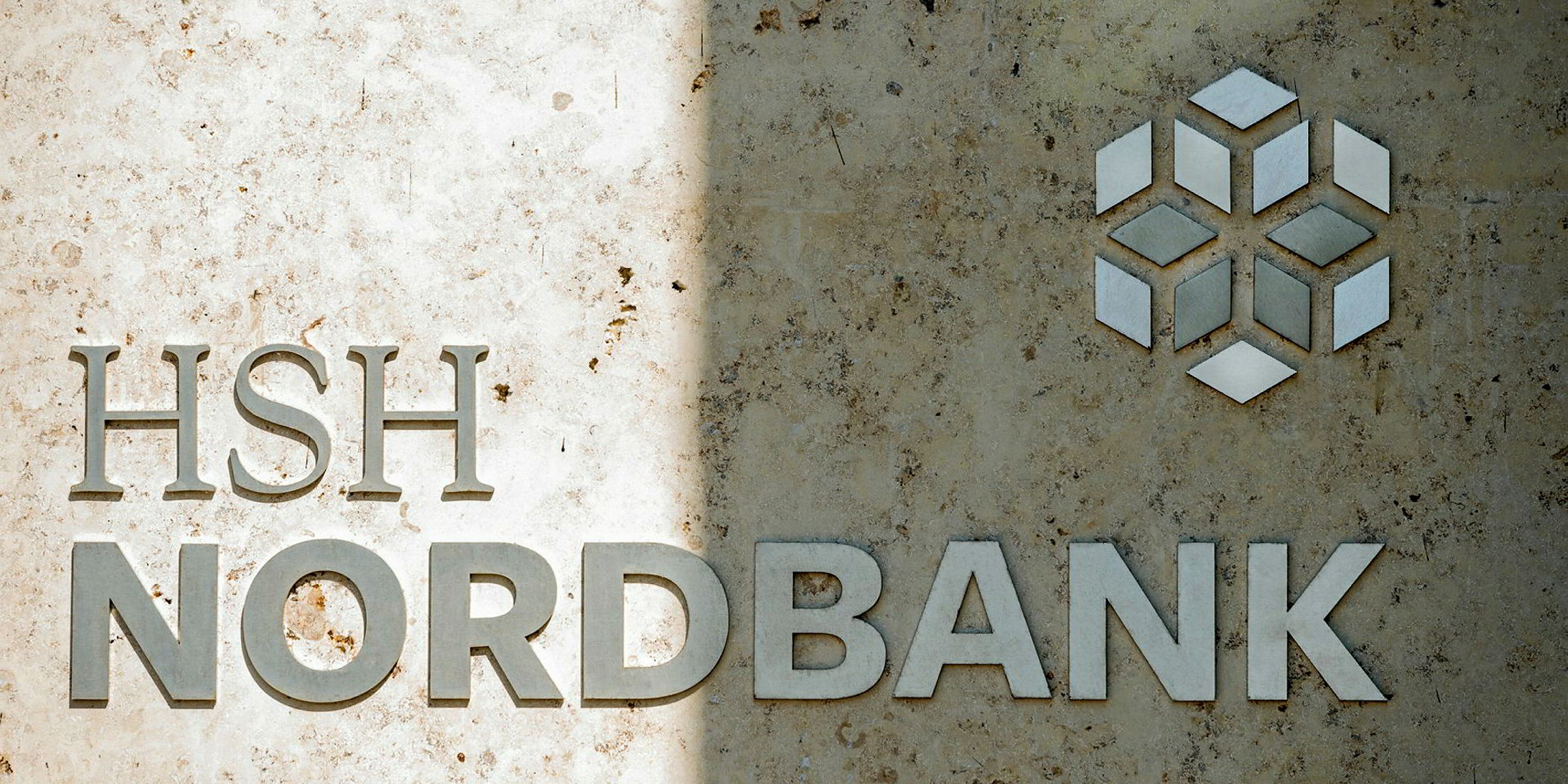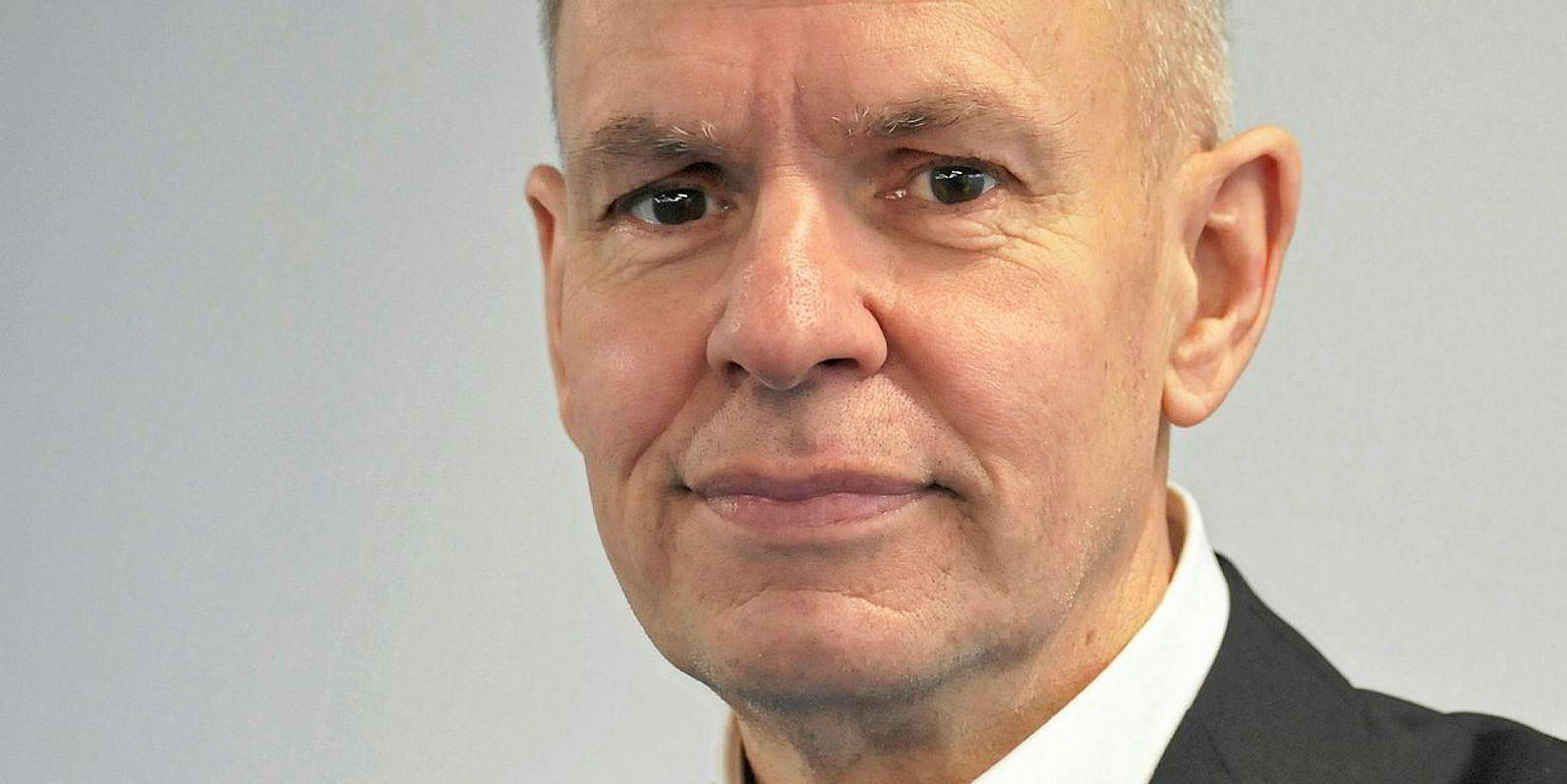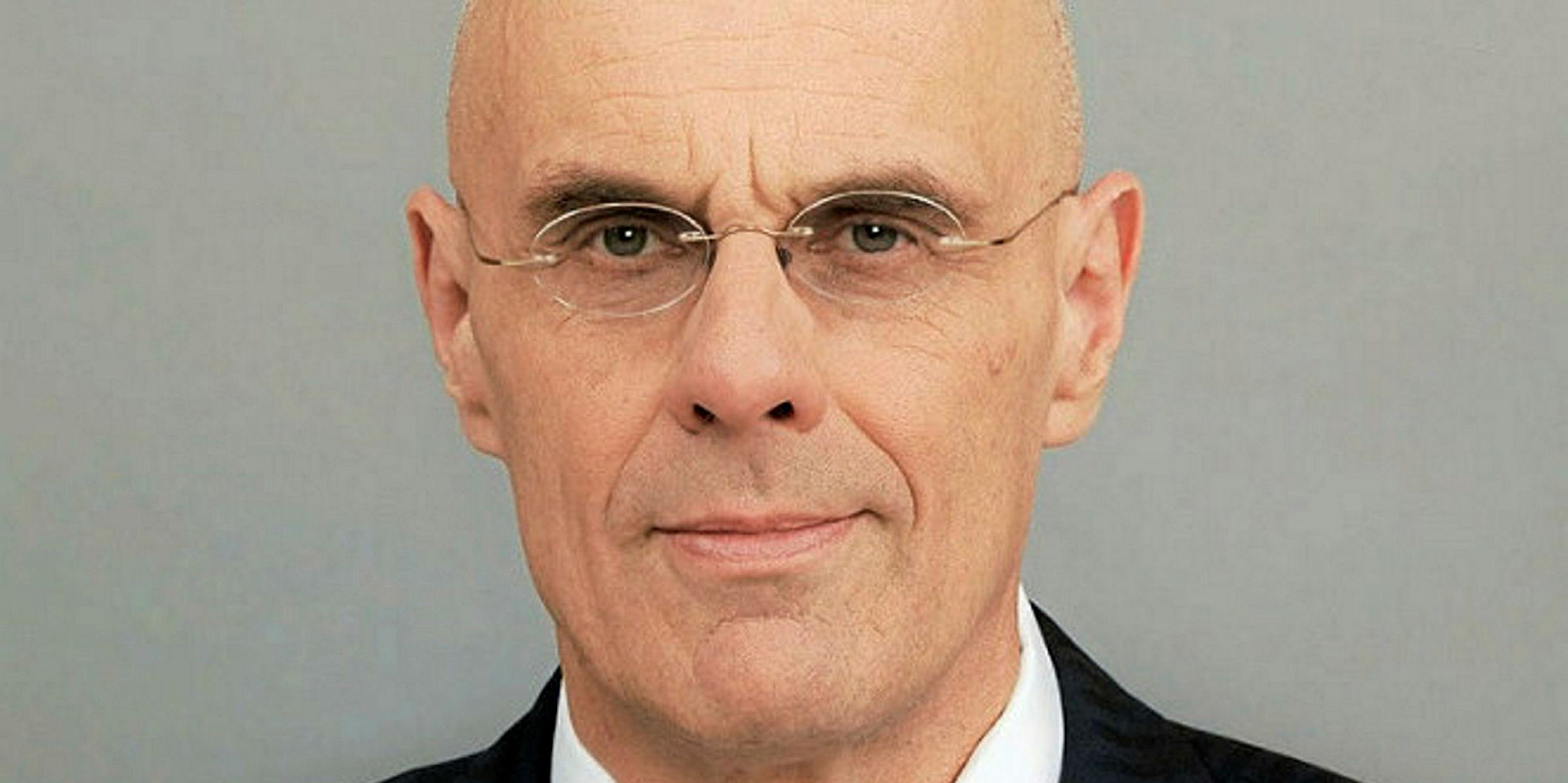“Hallo” to the paired down and newly-named Hamburg Commercial Bank (HCB) and “auf wiedersehen” to HSH Nordbank, once the largest ship lender in the world.
Is this just a name change in Germany or a symbol of European banking decline and perhaps “Ni hao” to a new era of maritime finance led by China?
HSH, which nursed losses of €10bn ($11.4bn) to €14bn to its state shareholders, will over the course of February be rebranded HCB. This reflects the fact it is now 100% in the hands of private equity.
HSH is once said to have had a shipping book worth more than €20bn but lending is now down to €5bn — and this figure will not be growing.
The bank used to have as many as 5,000 staff but that is now below 2,000. There is also speculation that a further 900 jobs could go over the next three years.
Christian Nieswandt, the head of shipping at HSH, has been given the boot and group managing director Torsten Temp will be shown the door when his contract ends in April.
Stefan Ermisch, the chief executive of the new venture, insists the move from the public to exclusively private sector is “genuinely new territory in the German banking sector and the beginning of a new era”.

But what kind of era exactly will that be?
Since last year, HSH has been controlled by a US-based private equity consortium led by Cerberus Capital and JC Flowers.
New York-based Cerberus specialises in buying up distressed assets and is led by Steve Feinberg, who chairs Donald Trump’s Intelligence Advisory Board.
It is fair to say that the old HSH brought some trouble on itself by drastically overlending to the maritime sector in the run up to the financial crisis of 2008
HSH told me this week that shipping is still a “key” division, but the smallest of five behind others such as capital markets, real estate and renewable energy.
“We will stay in shipping through our offices in Singapore, Athens and Hamburg, but it's a matter of ‘right sizing’,” an HSH spokesperson said.
Growth not on cards
The bank may take on some new deals but admits that growth is not really on the HSH agenda.
Industry watchers point out that KfW — set up as a development tool after World War II as part of the Marshall Plan — is now the only pure state bank supporting the German shipping industry.
Privately owned Deutsche Bank is not the force it once was and Nord/LB — a part-privatised Landesbank — is in retreat from shipping too.
HSH was originally owned totally by the City of Hamburg and the state of Schleswig-Holstein. This changed to a 20% share, which is now zero.
The Cerberus takeover represents the first full privatisation of a so-called Landesbank, but it is unlikely to be the last.
Cerberus has also just put in a bid to buy a major stake in Nord/LB, which is currently under the control of regional state authorities in Lower Saxony. It is not hard to imagine that Cerberus may consider there could be further synergies if the two German banks were put together in a merger.

It is fair to say that the old HSH brought some trouble on itself by drastically overlending to the maritime sector in the run up to the financial crisis of 2008. That seems unlikely in the future.
But that mistake was far from unique and certainly the pure private banking sector received plenty of public bailouts too.
So what does the future hold with Germany in retreat from ship lending and the rise of the Chinese lenders?
Well, that is a matter of intense debate. An abundance of cheap capital clearly encouraged the overbuilding of vessels.
China has stepped in to fill some of the gaps following the shipping and financial crises that damaged so many Western lenders.
Beijing bought its way into the market early on with its own cheap offers, but international financiers on the fringes of last week's Marine Money conference in London felt confident this attitude was changing.
Many Chinese lenders and leasing firms have learned their own quick lessons and are becoming more conservative, bankers argued.
Less money on offer from debt lenders would force shipowners to use the capital markets. This can be more expensive, especially today, as shipping is out of favour amid significant turbulence on Wall Street.
Ultimately, that simple switch of letters from HSH to HCB can be seen as nothing, or as the tectonic plates moving in global maritime finance with implications for all.






